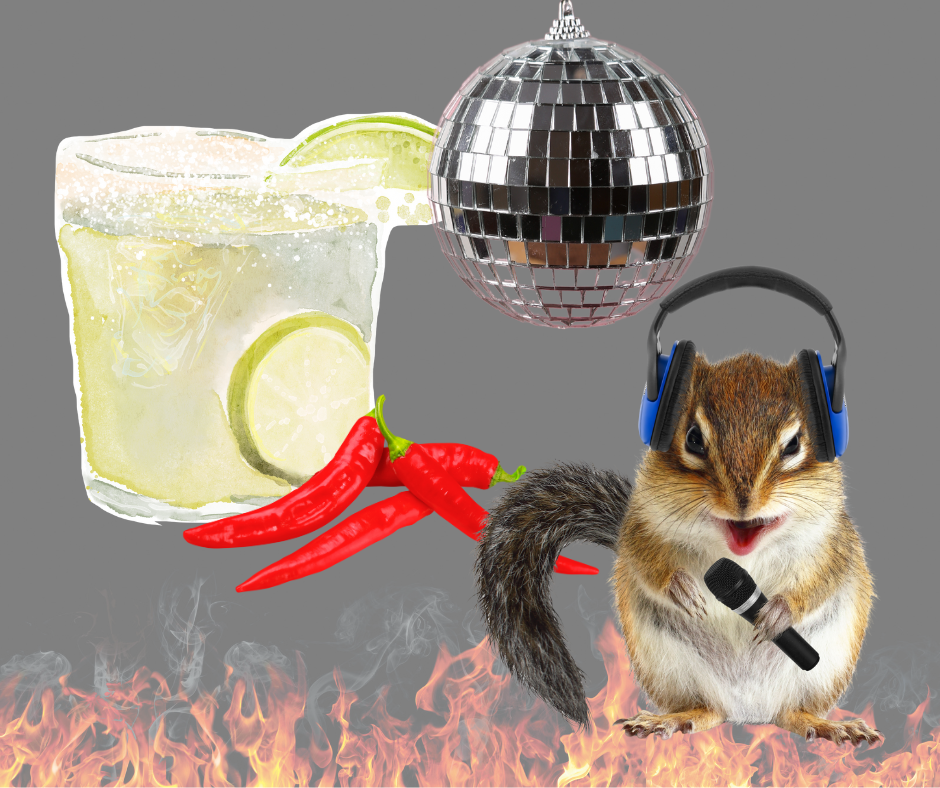The Seattle University community has recently been thrust into a unique quandary. From reading comments on the Spectator’s website, the Stranger, and the Seattle times, and scrolling through my social media feeds, I see a similar string of opinion regarding comments made by Fr. Sundborg, and the actions of Fr. Leigh: that it was an attack on exploring one’s own personal and gender-sexual identity and an intended marginalization of the LGBTQ community.
From the context of the Fr. Steve’s comments and the removal of the papers, I can see why some, especially members of our LGBT community, could be offended or hurt by Fr. Steve’s comments.
However—I say this as a gay Catholic male–I do not think that this was an LGBTQ issue, and as a gay Catholic male, I am not offended by Fr. Steve’s comments. While perhaps the context surrounding the issues—especially since the Drag Show is a space intended to LBGTQ acceptance—wasn’t necessarily conductive to being well-received, I think I could understand the perspective that could have generated this opinion.
I want to enter into dialogue around this issue by taking the lens of “propriety” and “decency” that Fr. Steve mentioned in his comments. Could these same issues could apply to straight sexuality as well, say, if there was a picture of a naked man and woman in bed on the cover of the paper? It would have nothing to do with exploring one’s own sexual identity, but I think those same issues in regard to the Church’s theology regarding the sacredness of human sexuality and teachings regarding chastity would apply. Would such a situation have generated a similar response? In allowing the drag show, I think that Fr. Steve remarkable gesture of inclusivity to the LGBTQ community, especially when Seattle University is perhaps one of the only Catholic universities in the country to allow it. In the April 18 article regarding the removal of copies of The Spectator, it was mentioned that Fr. Steve said he wished always to protect the Spectator’s right to free speech and would never want to see the paper censored. Thusly, I believe the issue regarding the cover photo was never about condemning LGBTQ identity—Fr. Steve’s opinion never intended censor and such issues could be applied in any context that could be interpreted in a lens of disrespect for human sexuality. As such, I believe that Fr. Steve’s comments were in line with the University’s mission. This being said, and to be clear, I most certainly do not agree that Fr. Leigh’s discarding copies of the paper is conducive to understanding the framework that surrounds these issues, and I see how such action could be viewed as marginalizing to the LGBTQ community. This is why dialogue needs to occur: to make clear of these issues before they manifest as offensive or misunderstood.
I acknowledge that this is a difficult space to navigate because of the historic marginalization of the LGBTQ community in religious circles, including the Church. I also agree that the theology of the Catholic Church, especially surrounding sexuality, isn’t always aligned with our own personal values; as a gay man, I have personally struggled reconciling such issues in my own life. That being said, I think that immediately jumping to conclusions regarding these issues, whether through speech or action, based simply on what was said and who said it, is unhelpful. Yes, perhaps there could have been more sensitivity shown in addressing these issues in the university community. Nonetheless, I believe that this incident is a call to more closely examine our intersectionality, and where we are as members of our community. I think that Fr. Steve’s email to the community on April 19 was a remarkable gesture to begin to create dialogue and understanding in these issues, and I appreciate such a gesture. As a community we don’t have to always agree on everything, and people who don’t agree with us aren’t necessarily or completely wrong. But if we seek to understand each other, we can begin the work of bridging divides in our lives such as these and building dialogue through a community of care and understanding.
—Jonathan Choe, Class of 2020, philosophy and humanities for teaching






![[OPINION] Two Thirds Good and One Third Abysmal in the USWNT’s First Three Games of the Year](https://seattlespectator.com/wp-content/uploads/2023/05/internationalsoccer-natalieschorr@4x-900x900.png)
